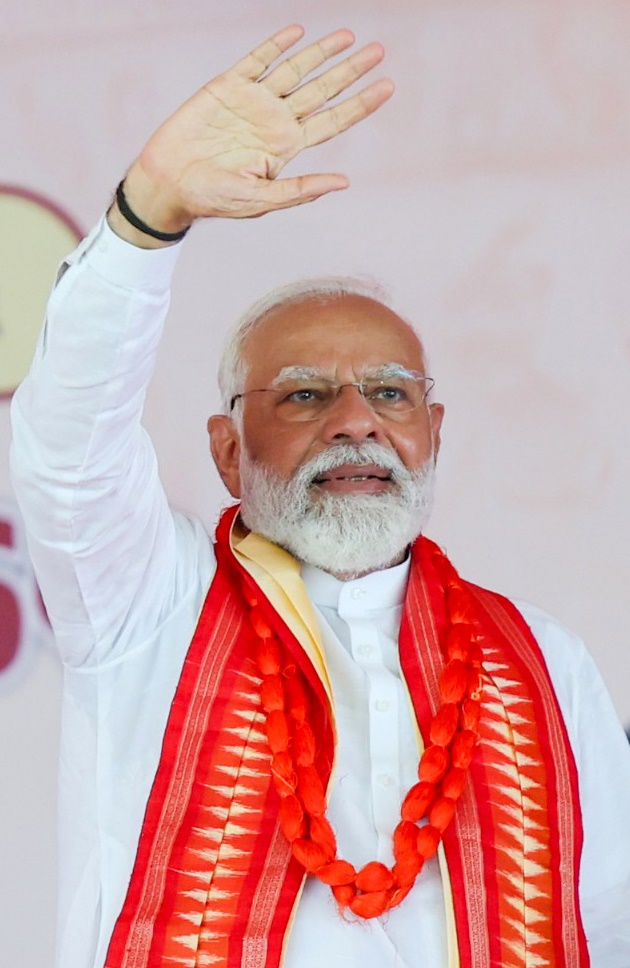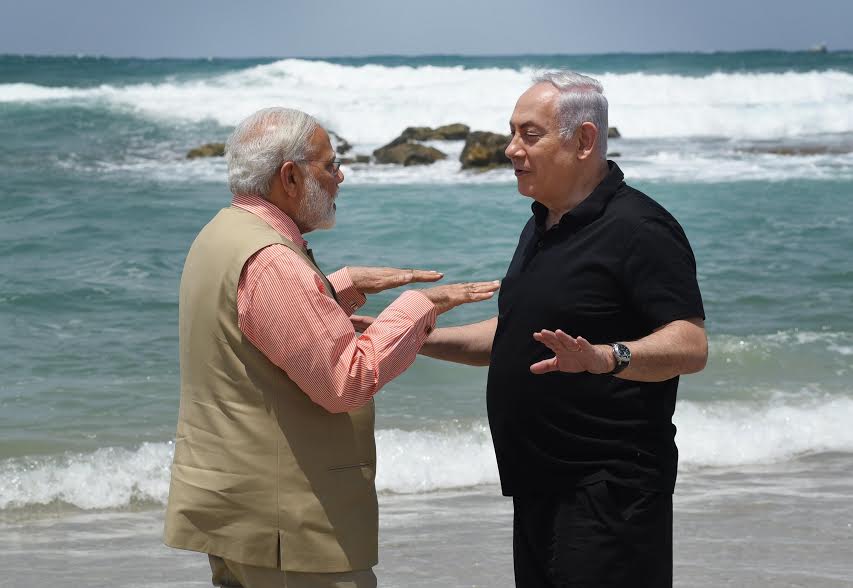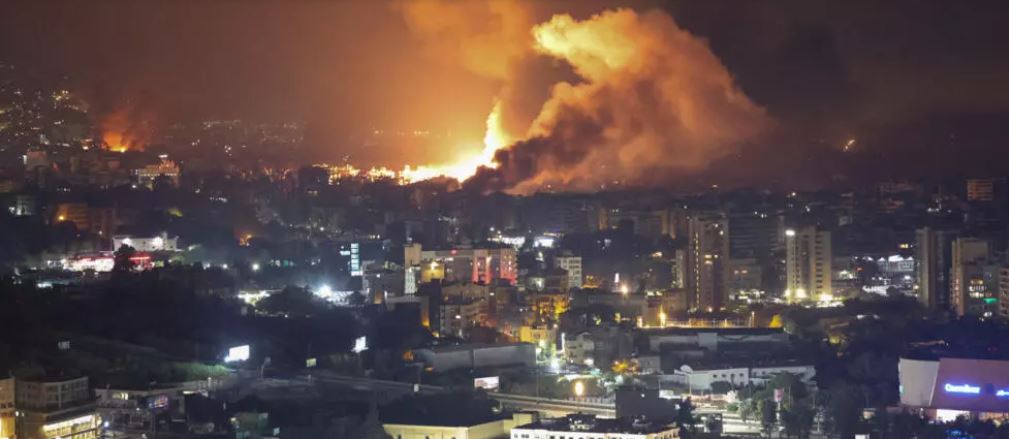Earlier in July, PM Modi travelled to Russia at the invitation of Russian President Vladimir Putin to attend the 22nd India-Russia Annual Summit…reports Asian Lite News
After assuming office for the third consecutive term, Prime Minister Narendra Modi visited seven nations, including Russia and Ukraine, according to Ministry of External Affairs (MEA).
After being sworn in for the third time as PM, he first participated in the G7 Leaders’ Outreach meeting in Italy at the invitation of Italian Prime Minister Giorgia Meloni in June.
Earlier in July, PM Modi travelled to Russia at the invitation of Russian President Vladimir Putin to attend the 22nd India-Russia Annual Summit.
PM Modi visited Poland and Ukraine in August. A Prime Ministerial visit to Poland from India took place after 45 years. Prime Minister Narendra Modi visited war-hit Ukraine after a 10-hour journey from Poland aboard the trail Rail Force One.
This is the first-ever visit by an Indian Prime Minister to Ukraine. He visited Ukraine at the invitation of Ukrainian President Volodymyr Zelenskyy. During the first 100 days of his third term, PM Modi also visited Singapore and Brunei.
The Bharatiya Janata Party-led National Democratic Alliance secured a third consecutive term after winning 293 seats in the Lok Sabha elections.
After assuming office, PM Modi hosted the 3rd Voice of Global South Summit (VOGSS), which was attended by 173 dignitaries. The dignitaries who attended the VOGSS included 21 Heads of State/Government, 34 Foreign Ministers & 118 Ministers/Vice Ministers – from 122 countries.
Earlier in August, President Droupadi Murmu was on a State visit to Fiji, New Zealand and Timor-Leste. During her visit to Timor-Leste, President Murmu announced that India will soon open an embassy in the country as part of the growing friendship between the two nations.
External Affairs Minister S Jaishankar visited UAE, Qatar, Sri Lanka, Kazakhstan, Mauritius, Maldives, Kuwait, Singapore, Saudi Arabia, Switzerland and Germany, according to MEA.
He travelled to Kazakhstan to attend the Shanghai Cooperation Organisation (SCO) Summit. He participated in the Quad Foreign Ministers’ Meeting in Japan.
During his visit to Laos, Jaishankar participated in the ASEAN-India Foreign Ministers’ Meeting. He hosted the 2nd BIMSTEC Foreign Ministers Retreat in New Delhi. The Prime Minister of Malaysia and Vietnam arrived in India for a State visit during the first 100 days of PM Modi 3.0.
Earlier in July, Vietnam Prime Minister Pham Minh Chinh arrived in India for his three-day state visit. In August, Malaysia’s PM Anwar Ibrahim visited India at the invitation of Prime Minister Narendra Modi.
PM Modi inaugurated the 46th World Heritage Committee (WHC) Session hosted by India. The inclusion of India’s nomination of the Charaideo Moidam, the burial ground of the Ahom Dynasty (1228-1826) in Assam, in the list of UNESCO World Heritage Sites showcased India’s cultural diplomacy under the Modi 3.0 government.
Indian Council for Cultural Relations (ICCR) hosted the first International Yoga Conference in South Africa. In addition, renewal of the Memorandum of Understanding (MoU) on the ICCR Chair on Sanskrit and Indian Philosophy in Mauritius.
During the first 100 days of the third term of PM Modi-led government, the Deka Pumping Station and River Water Intake System in Zimbabwe was upgraded. According to MEA, there was procurement of Haemo-Dialysis units to supply to 8 Pacific Island Countries – Palau, Samoa, Solomon Islands, Tuvalu, Papua New Guinea, Kiribati, Marshall Islands and Nauru.
A 20MW hydroelectric project was completed in Burundi’s Kabu, according to MEA. India also supplied APIs to Cuba. India announced the opening of new Indian missions in Albania, Gabon, Georgia, Latvia and Timor-Leste and two Indian Consulates in Auckland and Barcelona. (ANI)
ALSO READ: Israel Launches ‘localised’ ground raids on Hezbollah targets




